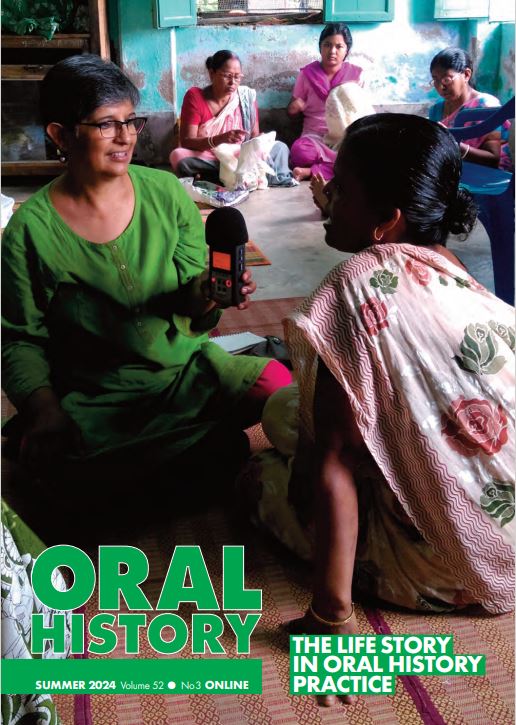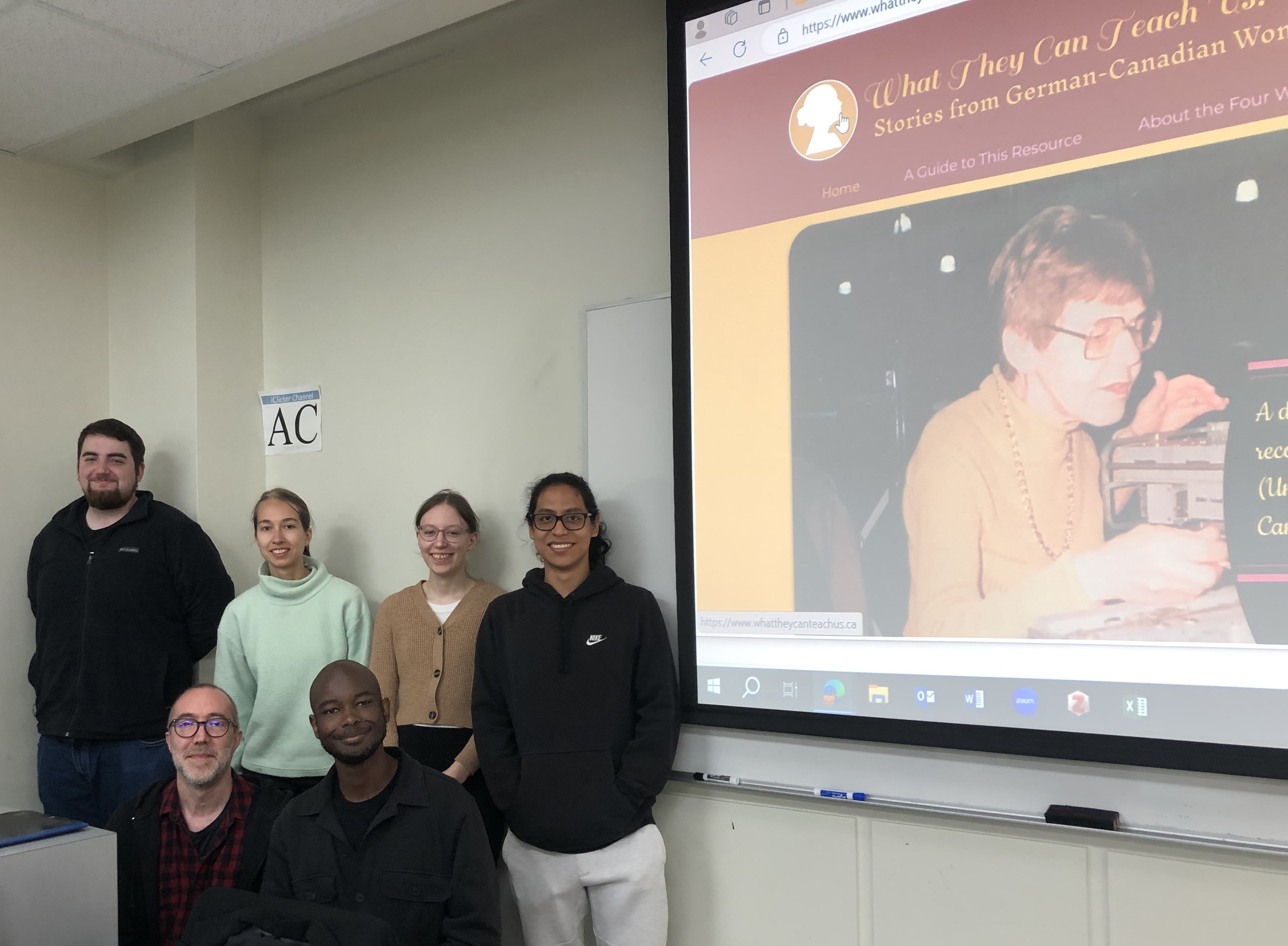The British Oral History Society has published its first online, open-access (free of charge) issue of its flagship journal, Oral History. The issue includes articles on the life story interview in oral history practice.
The articles as well as case studies, interviews, and panel discussions are based on presentations given at Life Stories Symposium held at the British Library in London in the summer of 2023.
Organized by the past lead curator of oral history and director of National Life Stories at the British Library, Rob Perks, and his successor in these roles, Mary Stewart, the symposium’s goals was to assess the special role and value of life story interviews in the broader oral history practice. Stewart and Perks also edited this special issue. In their introduction, they write:
We hope this special issue will spark more conversations about the life story online, in person, at conferences, seminars and journals, but also that it will encourage us all to focus more on sharing our own methodological practice. For anyone using (or planning to use) the life story approach, the ideas in this special issue will hopefully aid funding applications by outlining what this lengthy (and therefore costly) technique offers; help us to formulate clearer information to our interviewees; give context to current and future researchers; and inspire discussions with archive and library custodians about caring for the life stories which will comprise the history of the future.
Contributors to this special issue include Jon Agar, Doug Boyd, Indira Chowdhury, Niamh Dillon, Andrew Flinn, Alexander Freund, Fiona Harvey, Sally Horrocks, Hew Locke, Paul Merchant, Charlie Morgan, Julianne Nyhan, Wendy Rickard, Donald A Ritchie, Alistair Thomson, Hester Westley, Madeline White, and Elizabeth Wright.


